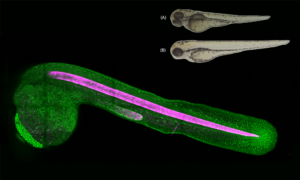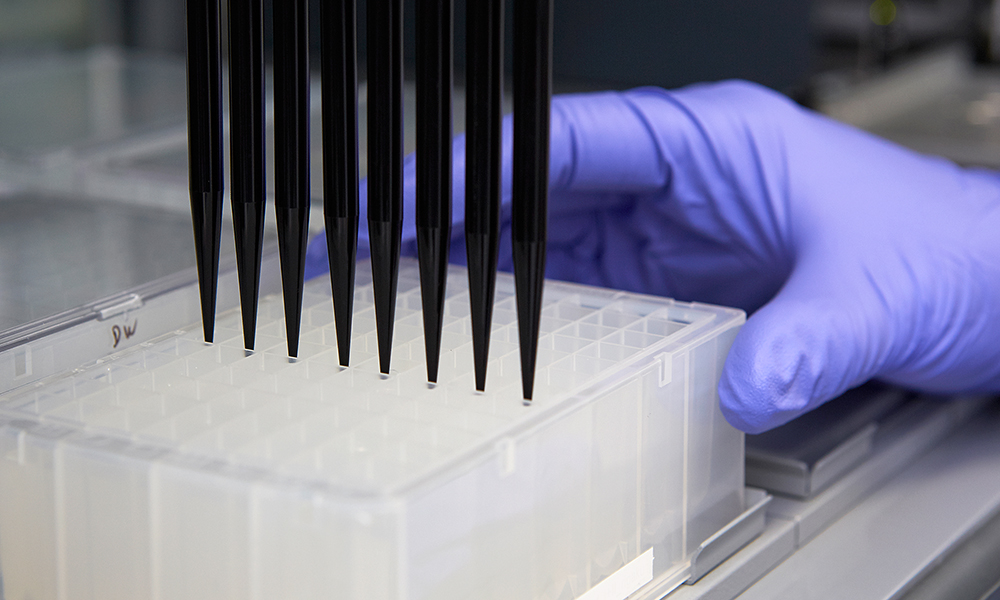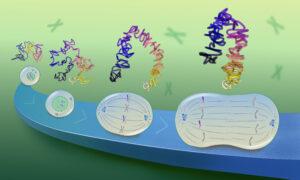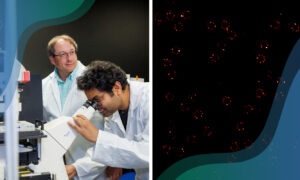
Responding to health threats posed by coronaviruses
EMBL scientists assist the large-scale search for molecules to develop therapies against COVID-19

By re-opening the High-Throughput Crystallisation (HTX) lab at EMBL Grenoble, EMBL is supporting structural biology projects to respond to the health threats posed by coronaviruses. Online crystallography and fragment screening pipelines can be used to study repurposed drugs that have shown potential against COVID-19 as they interact with their potential targets. This makes it possible to understand more about how these drugs work, providing scientific support for the development of coronavirus therapies. By making these technologies widely available, EMBL aims to establish collaborative projects with the goal of developing new therapies or repurposing existing ones.
The HTX lab in Grenoble is part of a wide range of structural biology services offered by EMBL on four of its sites. EMBL Grenoble and EMBL Hamburg provide support for X-ray-related experiments, in close collaboration with the European Synchrotron Radiation Facility (ESRF) in Grenoble and the German Electron Synchrotron (DESY) in Hamburg. At both sites, synchrotron beamlines are complemented by facilities for the preparation and crystallisation of biological samples. At Grenoble, a Titan Krios microscope installed at the ESRF and run jointly by the four institutes on Grenoble’s EPN campus is available via peer-reviewed access granted by the ESRF Beamtime Allocation Review Panel. EMBL Heidelberg provides access to the Cryo-EM Service Platform, and to advanced facilities for sample preparation and data analysis. This range of services for external users will be offered from 2021 at the EMBL Imaging Centre. EMBL’s European Bioinformatics Institute (EMBL-EBI) in Hinxton, UK, provides additional support through its data repositories (PDB, EMDB, and EMPIAR).


